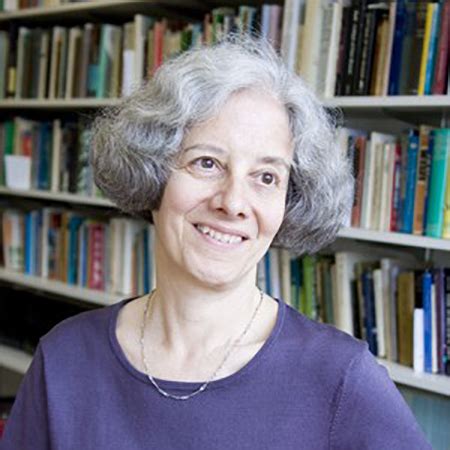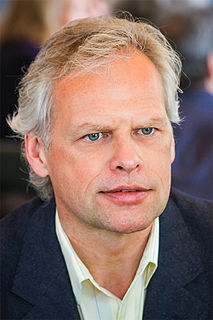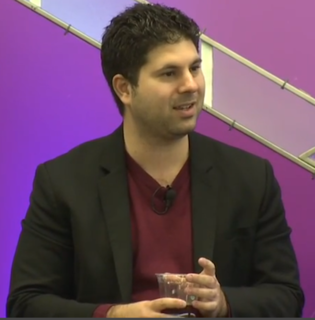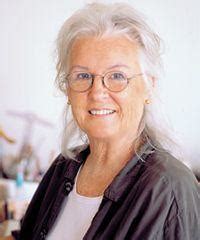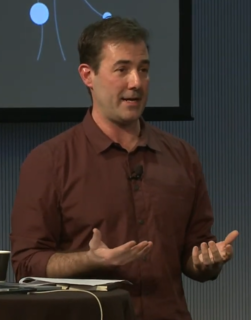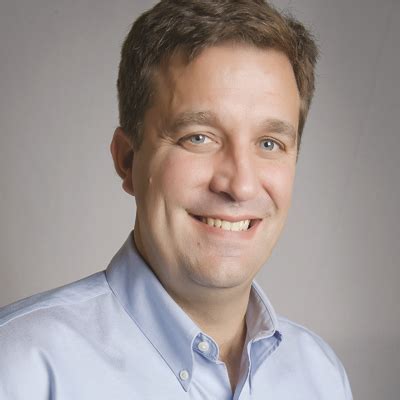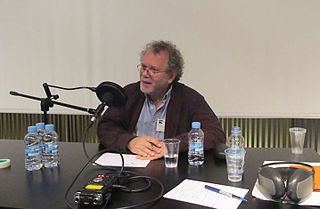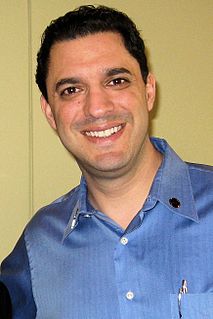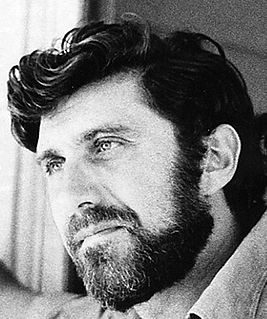Top 1200 Self-Knowledge Quotes & Sayings - Page 18
Explore popular Self-Knowledge quotes.
Last updated on April 20, 2025.
We read deeply for varied reasons, most of them familiar: that we cannot know enough people profoundly enough; that we need to know ourselves better; that we require knowledge, not just of self and others, but of the way things are. Yet the strongest, most authentic motive for deep reading…is the search for a difficult pleasure.
We certainly have to have a view about knowledge in order to decide whether some version of foreknowledge is necessary for inquiry or whether some philosopher or other thinks it is. Roughly, the more demanding our conception of knowledge is, the less plausible foreknowledge is; the weaker our conception of knowledge is, the more plausible foreknowledge is.
My idea of elegance – and this refers to women as well as men – is that someone is elegant when he or she shows a good knowledge of what fits them, where you can find naturalness and self-esteem. Not showing off. Elegance is the idea of showing an optimistic depiction of oneself, and to lose oneself in the frivolity of style and fashion.
Without self knowledge, without understanding the working and functions of his machine, man cannot be free, he cannot govern himself and he will always remain a slave. What you WANT is irrelevant, what you've CHOSEN is at hand. You and I are essentially infinite choice-makers. In every moment of our existence, we are in that field of all possibilities where we have access to an infinity of choices.
The production of knowledge in schools today is instrumental, wedded to objective outcomes, privatized, and is largely geared to produce consuming subjects. The organizational structures that make such knowledge possible enact serious costs on any viable notion of critical education and critical pedagogy. Teachers are deskilled, largely reduced to teaching for the test, business culture organizes the governance structures of schooling, knowledge is viewed as a commodity, and students are treated reductively as both consumers and workers.
The weak are not a noble breed. Their sublime deeds of faith, daring, and self-sacrifice usually spring from questionable motives. The weak hate not wickedness but weakness; and one instance of their hatred of weakness is hatred of self. All the passionate pursuits of the weak are in some degree a striving to escape, blur, or disguise an unwanted self. It is a striving shot through with malice, envy, self-deception, and a host of petty impulses; yet it often culminates in superb achievements.
Most women in our culture, then, are disordered when it comes to issues of self-worth, self-entitlement, self-nourishment, and comfort with their own bodies; eating disorders, far from being 'bizarre' and anomalous, are utterly continuous with a dominant element of the experience of being female in this culture.
It is disgraceful to live at the cost of one's self-respect. Self-respect is the most vital factor in life. Without it, man is a cipher. To live worthily with self-respect, one has to overcome difficulties. It is out of hard and ceaseless struggle alone that one derives strength, confidence and recognition.
Life is better lived than conceptualized. — This writing can be less demanding should I allow myself to indulge in the usual manipulating game of role creation. Fortunately for me, my self-knowledge has transcended that and I’ve come to understand that life is best to be lived — not to be conceptualized. If you have to think, you still do not understand.
These algorithms, which I'll call public relevance algorithms, are-by the very same mathematical procedures-producing and certifying knowledge. The algorithmic assessment of information, then, represents a particular knowledge logic, one built on specific presumptions about what knowledge is and how one should identify its most relevant components. That we are now turning to algorithms to identify what we need to know is as momentous as having relied on credentialed experts, the scientific method, common sense, or the word of God.
The notion that "applied" knowledge is somehow less worthy than "pure" knowledge, was natural to a society in which all useful work was performed by slaves and serfs, and in which industry was controlled by the models set by custom rather than by intelligence. Science, or the highest knowing, was then identified with pure theorizing, apart from all application in the uses of life; and knowledge relating to useful arts suffered the stigma attaching to the classes who engaged in them.
Self-interest, to be sure, is one of the most important, but we have many other motives - honesty, self-respect, altruism, love, sympathy, faith, sense of duty, solidarity, loyalty, public-spiritedness, patriotism, and so on - that are sometimes even more important than self-seeking as the driver of our behaviors.
The term "self" seems a suitable one for the unconscious substrate whose actual exponent in consciousness is the ego. The ego stands to the self as the moved to the mover, or as object to subject, because the determining factors that radiate outward from the self surround the ego on all sides and are therefore supraordinate to it. The self, like the unconscious, as an a priori existent out of which the ego evolves. It is, so to speak, an unconscious prefiguration of the ego. It is not I who create myself; rather, I happen to myself.
I suppose I was lucky enough to be educated at a time when teachers still thought children could handle knowledge. They trusted us. Then there came a time when they decided that because not every kid in the class could understand or remember those things they wouldn't teach them anymore because it wasn't fair on the less good ones. So they withheld knowledge. Then I suppose the next lot of teachers didn't have the knowledge to withhold.
There must be only three supreme values which govern a person's life: Reason, Purpose, and Self-esteem. Reason, as his only tool of knowledge--Purpose, as his choice of the happiness which that tool must proceed to achieve--Self-esteem, as his inviolate certainty that his mind is competent to think and his person is worthy of happiness, which means: is worthy of living. These three values imply and require all of man's virtues, and all his virtues pertain to the relation of existence and consciousness: rationality, independence, integrity, honesty, justice, productiveness, pride.
Rather than attend to a world considered as if it's out there, I have to start to attend to me. That led to some things that I never wanted it to lead to, person as a sort of psychological miasma. I started to get wrapped up in self, and then, for the first time, self did become an autobiographical self.
Standing on "tip toe", one stands not firmly. Straining in stride, one cannot walk far. Flaunting of deeds, one is unfavorably noticed. Being self-righteous, one is not respected. Boasting of self, one's merit is unrecognized. Glorifying of self, one loses the opportunity for greatness. From the viewpoint of Tao These represent imperfect Te, Valued as are filth or disease.
First therefore let us seek the dignity of knowledge in the archetype or first platform, which is in the attributes and acts of God, as far as they are revealed to man and may be observed with sobriety; wherein we may not seek it by the name of Learning; for all Learning is Knowledge acquired, and all Knowledge in God is original: and therefore we must look for it by another name, that of Wisdom or Sapience, as the Scriptures call it.
The universe must be experienced as the Great Self. Each is fulfilled in the other: the Great Self is fulfilled in the individual self, the individual self is fulfilled in the Great Self. Alienation is overcome as soon as we experience this surge of energy from the source that has brought the universe through the centuries. New fields of energy become available to support the human venture. These new energies find expression and support in celebration. For in the end the universe can only be explained in terms of celebration. It is all an exuberant expression of existence itself.



